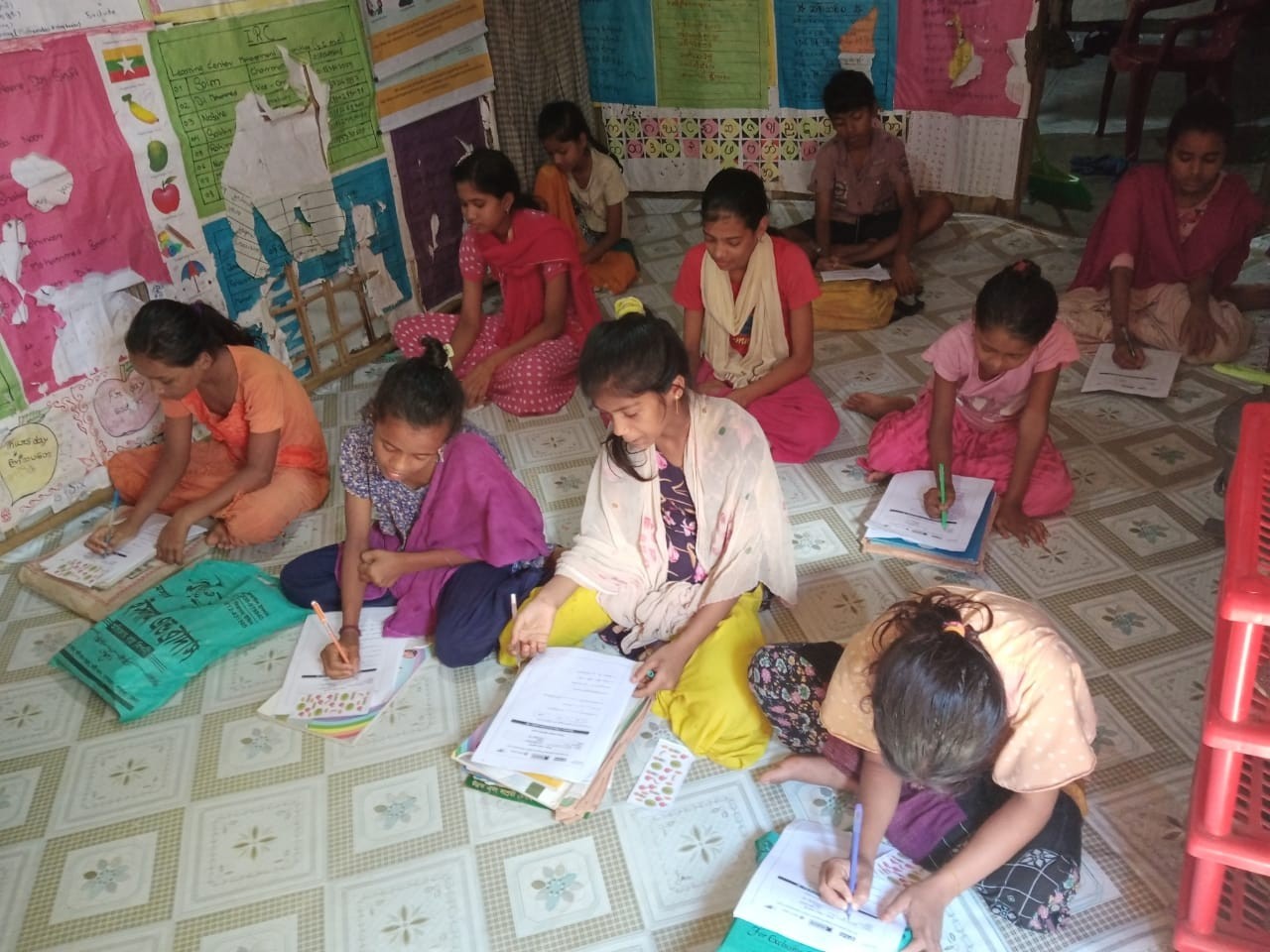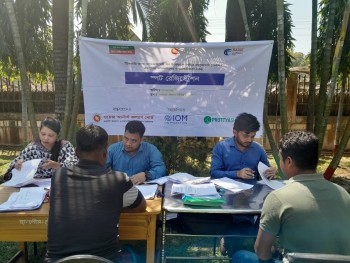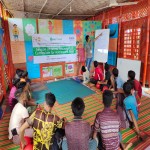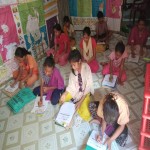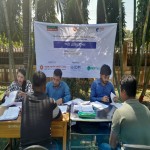PROTTYASHI’s program
focuses on working with rural communities, especially women, to increase skills
and enhance craftsmanship, thereby boosting productivity and profitability
through sustainable and climate-resilient practices to diversify livelihood
options and to ensure food security. The program's core components are:
Training and
Support: Providing
training to rural women, men and youths to improve technical skills in craftsmanship
& farming and build confidence to access the market, government services
and resources. Conduct workshops to enhance skills in craftsmanship, farming
techniques, and small business management. Establish mentorship networks where
experienced individuals guide and support new learners.
Innovation and
Technology: Introducing
innovative trades and low-cost solutions by using modern equipment &
technologies, combine traditional practices with modern techniques to create
efficient and culturally appropriate solutions. Set up local innovation hubs
where community members can collaborate, share ideas, and develop new
technologies.
Research and
Development: Investing in
research & development to innovate scalable solutions in both on-farm and
off-farm sectors to enhance food security and combat climate change effects. Partner
with local universities and research institutions to conduct on-farm trials of
new crops and farming methods, value-added products and sustainable off-farm
activities.
Market System and
Value Chain: Working with
producer groups to strengthen the market system and develop the value chain
network to ensure fair prices at the producers’ end. Form and strengthen
producer groups to enhance bargaining power and improve market access, map out
and develop the value chain for key products, identifying bottlenecks and
opportunities for improvement, promote fair trade practices to ensure that
producers receive fair compensation for their products.
PROTTYASHI conducts
needs assessment in the target communities to tailor initiatives to local
requirements. It will take initiatives to establish partnerships with local
governments, NGOs, and private sector players for funding, resources, and
technical support.
